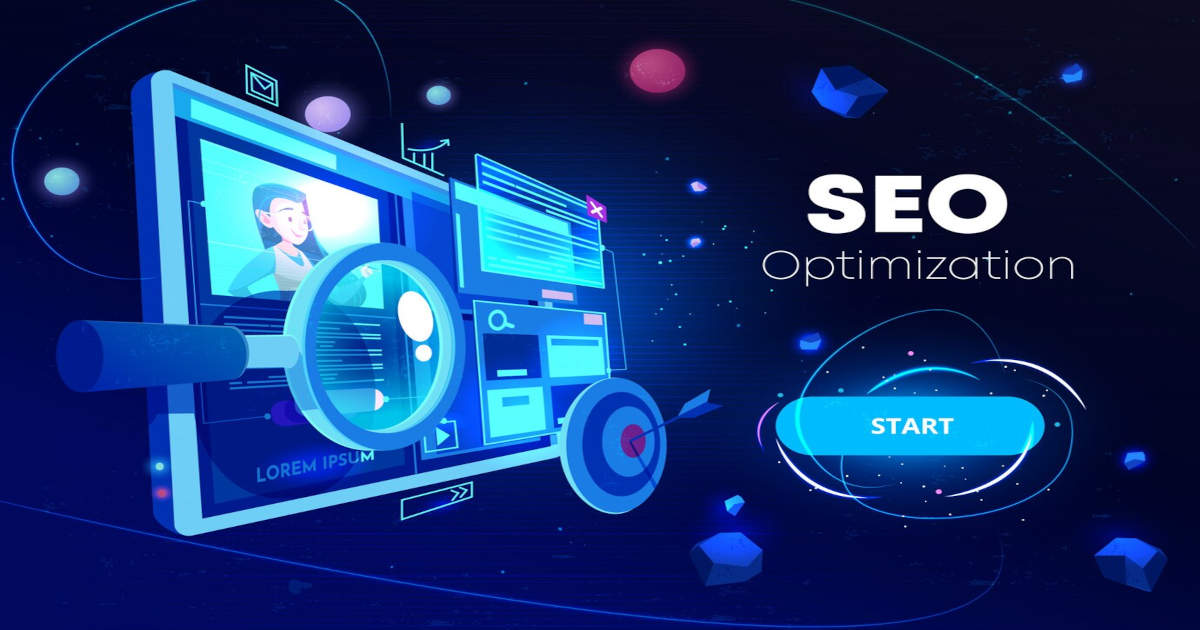Introduction to Google SEO
Introduction to Google SEO
Fits in the larger Digital marketing strategy, which also includes: The roles work closely with SEO.
- Search Engine Marketing
- Bidding for paid advertisements
- Social Media Marketing
- Free/paid ads and engagements
- Content Marketing
- Writing for blogs, newsletters, etc.
- Public Relations
- Build relationships, promote content etc.
Types of SEOs:
- White Hat
- Won’t be penalized or banned.
- Grey Hat
- Black Hat
- Face more penalties, and known for churn and burn approach.
SEO as a Career
Complementary roles:
- SEO
- UX
- Content
- Social
- PR
Career Options
- Consultant
- Agency
- In-House SEO
- You can work for Startup.
- Small and medium-sized businesses
- Corporate / Enterprise level clients
- Working with External SEO Teams
Skills Needed
- Interpersonal Skills
- Project management and planning
- Strategic Thinking
- Agile and pro-activeness
- Stay updated on industry trends and news
- Ability to analyze data
Interview Tips
- Prepare a portfolio:
- Highlight past work
- Showcase practical experience
- Reference specific and relevant examples
- Listen to their issues
- Offer solutions based on past performance, or if you don’t have any experience related to that offer a solution based on your theoretical knowledge.
- Ask Questions:
- What SEO challenges do you face?
- What future challenges do you foresee?
- Short and long term goals for SEO
- How does SEO fit within the organization?
- What is the general knowledge or SEO maturity of the company?
How Search Engine Works
- Robots: crawlers or spiders
- Crawlers discover new websites through links
- Sites are then added to an index stored in Data Centers
- User searches for a particular topic, websites are served based on their rating, determined by backlinks, relevancy, and authority etc
Evolution of SEO
- Early Google
- Google became leader in the 2000s
- Search engines relied mainly on the site content
- Site needed to be submitted
- Backlinks revolutionized the web
- Anything goes without any check
- Domain penalties didn’t exist
- All tactics used to rank websites
- Old SEO Techniques
- Tons of keywords
- List of keywords as white text over white background
- Gaining hundreds of low quality spammy backlinks
- Creating hundreds of pages for each variation of keywords
- Relying heavily on keyword-rich domain names
- Page Rank
- Old way: See website score based on backlinks
- New way: More in-depth and secretive metric
- Improvements
- Rise of personalized searches and results
- Google Analytics to see how user interact with your website
- Google Search Console formerly known as webmaster
- SEO
- Now, SEO has become a widely defined term.
- Social networks are search engines too.
- Learning individual algorithms
- Look at branding and social presence
- Questions to Consider
- What is the future of voice and video?
- What other technologies may impact search in the future? e.g., AR, VR, web3 etc.
- How might gadgets impact how humans search and discover information?
This post is licensed under CC BY 4.0 by the author.
